Election 2001 and the Grey Vote: It’s the numbers, stupid
Youth apathy may be the big concern of the election - but it's the Grey Vote that the parties really want. Why?

Want to read spiked ad-free? Become a spiked supporter.
Youth apathy has become the big issue of the election campaign – with all the parties concerned about young people’s indifference to politics. But as the day of reckoning approaches, it’s becoming clear where the parties’ real priorities lie – winning the Grey Vote, the support of those over 60.
Why? It’s the numbers, stupid.
Trends suggest that, at the 2001 election, one third of all votes are likely to be cast by people over 60 (10.6 million votes). Less than seven percent are likely to be cast by people aged 18-24 (2.2 million).
No wonder all political parties have courted pensioners and their votes in recent months. If it’s crosses in boxes you want, the old hands are the best.
How do we get these results?
— There are over twice as many people over 60 than there are aged 18-24 (12 million compared to five million)
— The proportion of people over 60 who say they voted in the 1997 election is twice the proportion of 18-24s (87.5 percent compared to 44 percent).
What happens if you include in the ‘youth vote’ category people aged 25-34? There are more people aged 18-34 than there are over 60. Even so, the younger age group is likely to cast fewer votes.
— The total number of 18-34 year olds is 14 million – outnumbering the over-60s by two million
— Yet only 64 percent of 25-34 year olds claim to have voted in the 1997 election, meaning they will cast approximately 5.8 million votes
— Therefore, people aged 18-34 are likely to cast about eight million votes – falling short of the Grey Vote by two million.
And the best thing about the Grey Vote is:
You don’t even have to try to get them to the polling station.
— 80 percent of over-65s agree with the statement ‘everyone has a duty to vote’
— So whatever happens in this election campaign, this group is still likely to cast up to 7.4 million votes
— Only 36 percent of 18-24 year olds agree that ‘everyone has a duty to vote’
— From this age group, politicians can only take for granted about 1.8 million votes.
— 85 percent of over-65s think that people should vote even if they do not care who wins
— This accounts for approximately 7.9 million votes
— But 50 percent of 18-24 year olds think that you should only vote if you care who wins
— This accounts for approximately 2.5 million votes – one third of those expected from the over-65s.
— 96 percent of over-65s disagree with the statement ‘it’s not really worth voting’ – meaning that a potentially massive 8.9 million votes could be cast
— But 13 percent of 18-24 year olds agree with the statement ‘it’s not really worth voting’ – accounting for only 4.3 million votes.
As with all surveys on voting intentions and voting behaviour, the statistics here are estimates. But the pattern they show is clear. When election time comes, the Grey Vote could be up to three times as large as the youth vote.
Why have all the parties turned their attention to pensioners? It’s the numbers, stupid.
NOTES:
How the aged can help: a recipe for election success
With an event so pressing as the general election, you don’t want to spend time convincing the sceptical about why politics is important. To arrive at the figures above, spiked followed this simple recipe for election success:
Take:
— one set of statistics on the turnout at the 1997 general election (1)
— one set of population statistics for the UK in 1999 (2)
— one table of voting attitudes produced for the British Social Attitudes survey (3).
Mix them together with a calculator, and hey presto! The only justification politicians will ever need for courting the Grey Vote.
— The voting population of the UK is approximately 45.9 million
— Turnout at the 1997 UK general election was 71.5 percent
— If the turnout for the 2001 election is the same, according to these figures, up to 32.8 million votes could be cast. *
— One third of these votes (10.6 million) are likely to be cast by people over 60
— Less than seven percent of these votes (2 million) are likely to be cast by people aged 18-24.
* The actual number of votes cast in the 1997 general election was 31.3 million. As this figure does not indicate the demographic breakdown of votes cast, our calculations were based on population estimates for 1999. This is an indication of voting trends, rather than a prediction of exact numbers.
(1) Source: Electoral Reform Society
(2) Source: UK Office of National Statistics
(3) Source: British Social Attitudes – the 16th report: ‘Who shares New Labour values?’, edited by R Jowell et al, National Centre for Social Research 1999. Chapter 2, ‘Young people and political apathy’, by Alison Park, p35.
Read on:
The deserted ballot-box: Key facts and statistics – a picture of political disengagement in 2001, by Jennie Bristow
Who funds spiked? You do
We are funded by you. And in this era of cancel culture and advertiser boycotts, we rely on your donations more than ever. Seventy per cent of our revenue comes from our readers’ donations – the vast majority giving just £5 per month. If you make a regular donation – of £5 a month or £50 a year – you can become a and enjoy:
–Ad-free reading
–Exclusive events
–Access to our comments section
It’s the best way to keep spiked going – and growing. Thank you!
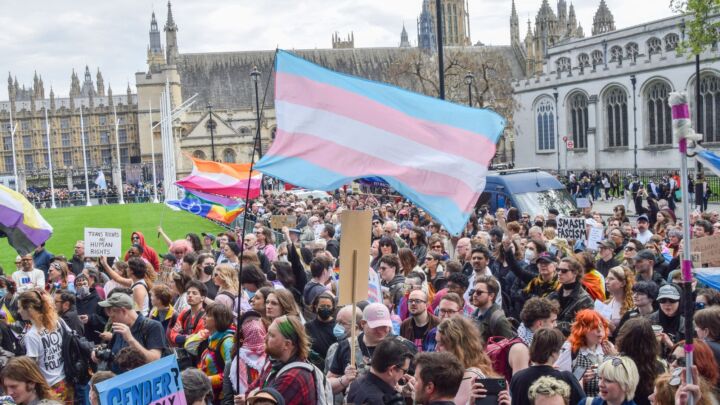
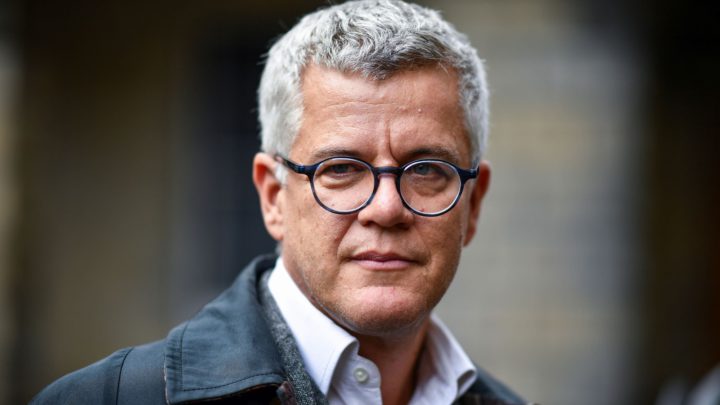
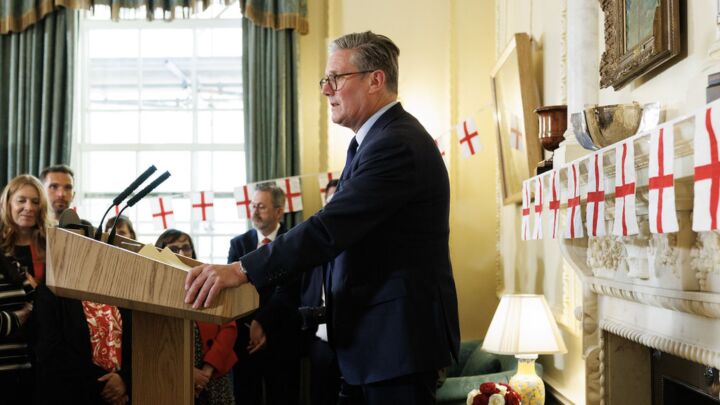
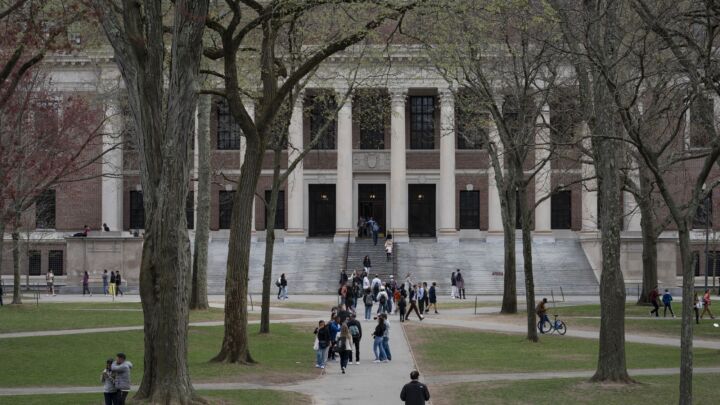
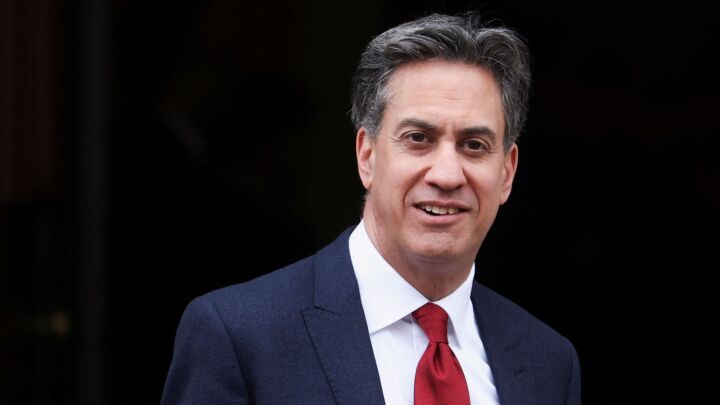
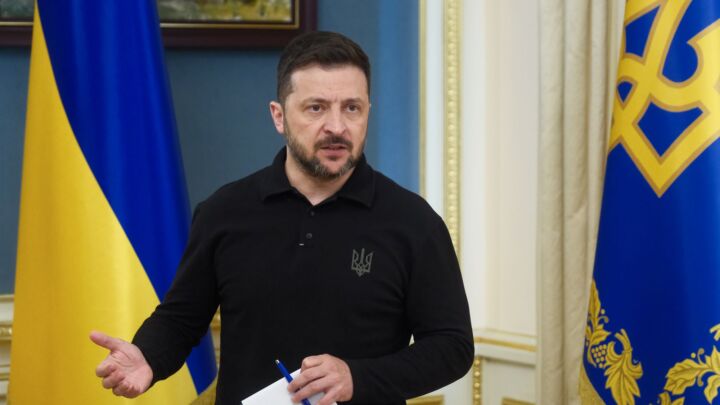
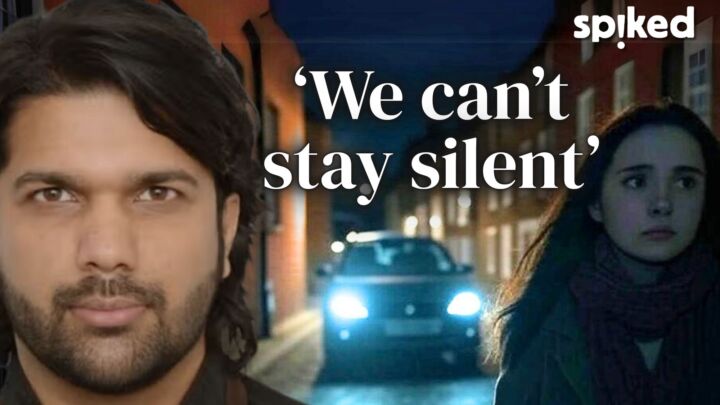
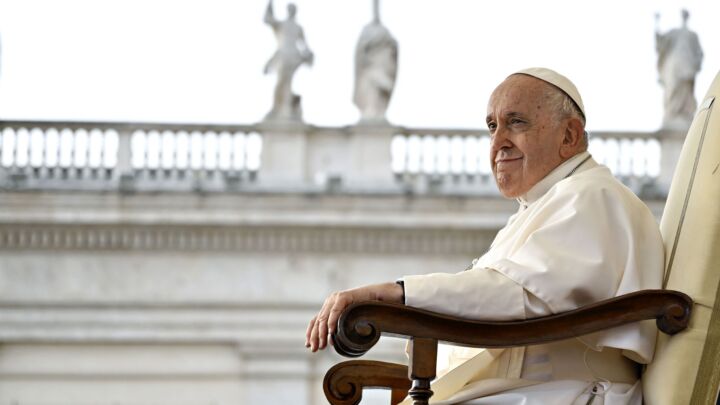
Comments
Want to join the conversation?
Only spiked supporters and patrons, who donate regularly to us, can comment on our articles.